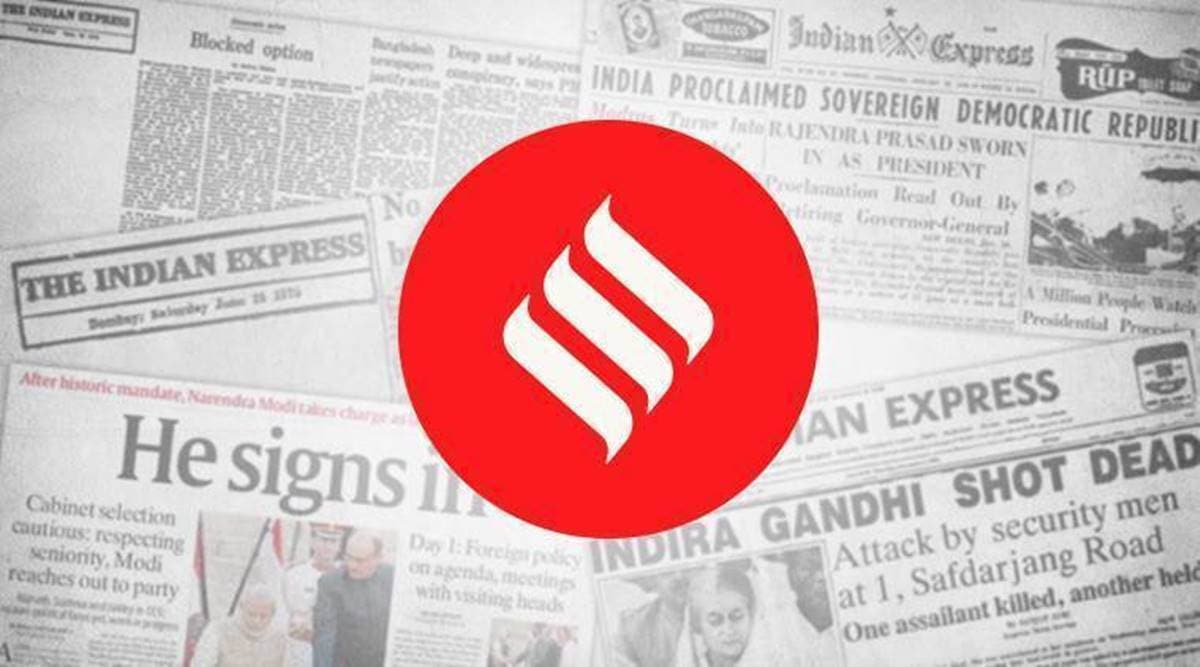 Financial skulduggery is a reality.
Financial skulduggery is a reality.Despite repeated calls for liberalising entry into the banking sector in India, the Reserve Bank of India (RBI) has until now been conservative in its approach when it comes to granting bank licences. Under both the 2001 and the 2013 licensing guidelines, only a few new private sector banks were allowed to enter the sector. Calls for allowing in big corporate houses have until now been firmly resisted by the central bank. But going by the report of the internal working group (IWG) of the RBI, released on Friday, a fundamental shift in the thinking on this contentious issue appears to have taken place. The IWG has recommended allowing large corporate/industrial houses to promote banks in the country, despite most experts cautioning against such a move. While there can be no argument against the need to usher in greater competition, and the need for greater private capital, especially at the current juncture, this recommendation calls for a vigorous and open debate on the issue of corporate ownership of banks before implementation.
The risks associated with allowing large corporate houses to promote banks are well known. As the former Governor and Deputy Governor of the RBI, Raghuram Rajan and Viral Acharya, have warned, doing so could lead to “connected lending”, wherein depositors’ money could easily find its way into the kitty of the corporate promoters and their connected businesses, heightening systemic risk. Given the questionable standards of corporate governance in Indian companies — numerous examples of crony capitalism have come to light in the recent past — questions over conflict of interest are bound to arise. As the report itself mentions, “it will be difficult to ring fence the non-financial activities of the promoters with that of the bank”. There is also the fear of the more politically connected business houses obtaining these licences. And coming at a time when many large corporates are consolidating their position in sector after sector, allowing bigger, muscular, and well-connected business houses entry into banking could lead to further concentration of power. This, as Rajan and Acharya have cautioned, could “exacerbate the concentration of economic (and political) power in certain business houses”.
It has been argued that such concerns can be addressed by strong supervision and well thought out regulation. However, recent episodes such as the collapse of IL&FS, the Nirav Modi scam at the Punjab National Bank, and the implosion of the Punjab and Maharashtra Cooperative Bank, don’t inspire confidence in the regulator’s supervisory capabilities. Financial skulduggery is a reality. Creative ways of circumventing regulations are likely to crop up. Thus the importance of first beefing up regulatory and supervisory capabilities can’t be stressed enough. While there is a strong case for liberalising entry into the banking sector, and to encourage the creation of big private banks capable of meeting the financing needs of the economy, a system of stringent checks and balances will need to be put in place before the central bank contemplates any such step.